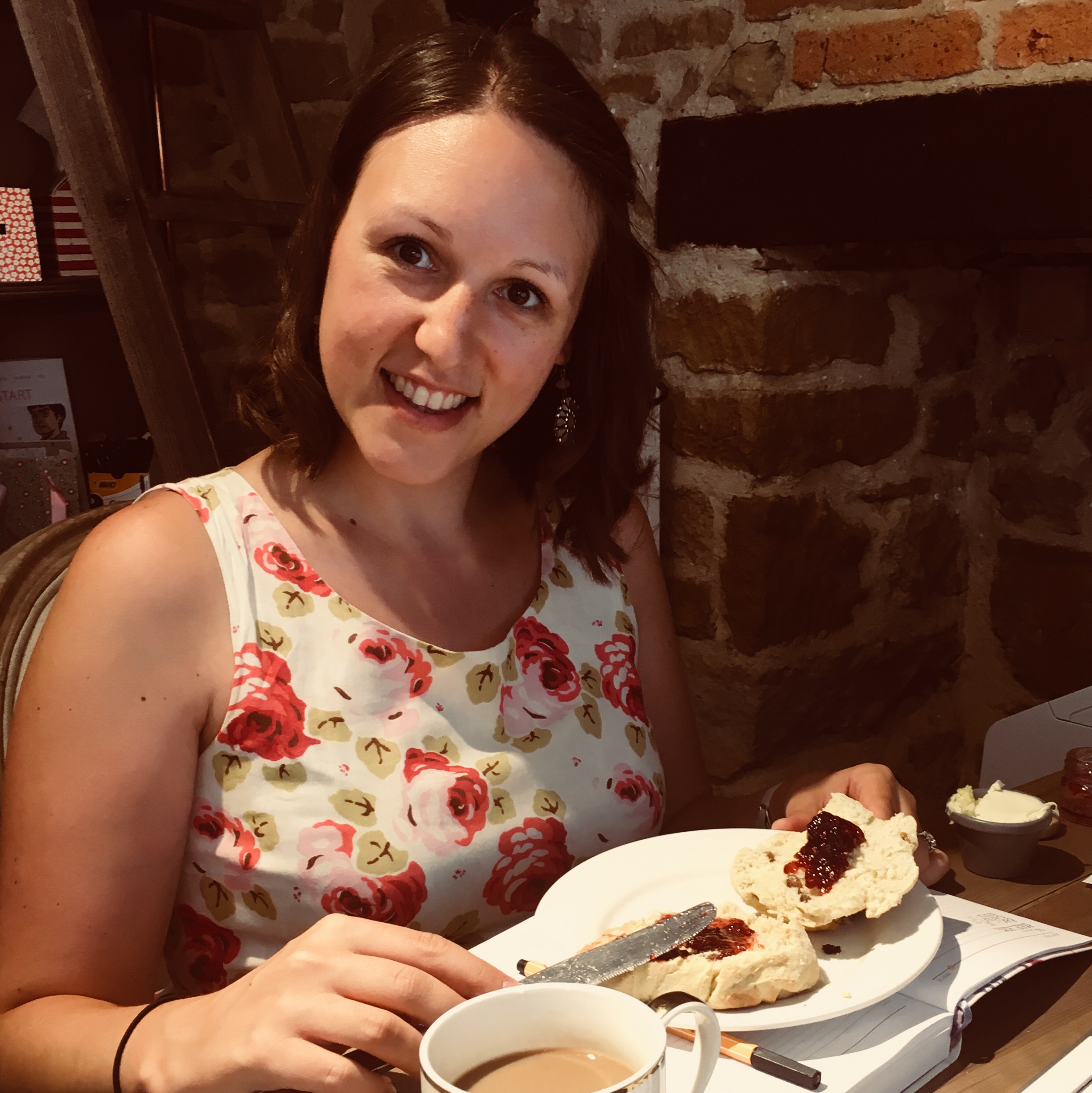What did you study at University? How is that different from studying straight Biology?
I studied Biochemistry at the University of Leicester. The course was part of the Biological Sciences faculty so, in the first year particularly, we covered modules from all areas of biology including physiology and pharmacology, zoology, microbiology and genetics. We also had many of the same lectures as the Medical Sciences students, giving us the opportunity to transfer to medicine at a later stage if we wished.
Because of the breadth of study in the first year, your module options for the second year were quite open (there were some core modules but then a free choice to top up your hours), giving you the chance to change your mind about which area of biology you eventually wanted to get a degree in, or to spread your choices over more than one area. I had the opportunity to study some really interesting topics, such as the biology of cancer and work with real experts including Sir Alec Jeffreys!
Overall, we were able to gain breadth and depth of biology throughout the three years, allowing for variety and an overall appreciation of how different areas interlink in our studies.
Did you have to study Biology at A-levels to get onto this course?
No, the course requirements were three A Levels, B or above, with two relevant sciences, Biology as a preferred choice. I personally felt that it was essential, as you needed a basic understanding of a wide range of biology topics to have any hope of being able to access the degree level content. During the first year, all of students had to take a module called "Chemistry for Biologists" which ensured that those who hadn't done A Level Chemistry also had enough of the basics to keep up.
I myself studied Chemistry, Maths and Physics in addition to Biology, which
all came in at some point in my degree, whether it was using complex mathematical equations or applying the behaviour of particles and energy to understanding the science behind various experimental methods.
Did you ever have private tuition when you were studying your A-levels?
Yes, during year 13 I had extra chemistry tuition, as it was the subject that I felt the least confident in. Just being able to talk through areas and have someone check my working methods made a huge difference and allowed me to concentrate my revision more evenly between all of my subjects, rather than focusing on chemistry and allowing the others to slide unnoticed.
What do you love about Biology? What is your favourite topic in Biology? What makes it interesting?
Biology is life; the patterns and details behind everything around us. It takes the reactions and fundamentals of chemistry, along with the rules and maths of physics, and makes it meaningful.
I love the thought that, even inside the tiniest creatures or thinnest leaves, there are working systems perfectly designed to maintain life, and that everything around us is interdependent and related in some way. I think this is why I particularly love genetics; DNA is universal between all living things yet there is still so much that we don't understand about it! Plus genetics is an area that is so useful in everyday applications - familial testing, forensic science and even identifying kings in car parks - whilst holding so much potential for scientific research in the future.
Which careers are you able to pursue with this degree?
A whole range of science and non-science based options become available.
Many people choose teaching, particularly at secondary level, and research and laboratory work are also popular choices, either in an educational or industrial setting.
Having a degree-level qualification can also open doors into sales and management in may areas with well established companies, many offering graduate programmes as a fast track up the managerial ladder.
On top of these, there is a wide range further education options, such as Masters degrees or PhDs both here and abroad that can be pursued. Again, I know many people who have been able to secure sales jobs within large scientific or pharmaceutical companies because they have a doctorate in a Biologic Sciences field.
Finally, there is also the option to move into medicine. Many universities accept a BSc as a foundation for a medical degree and enable you to complete a 4 rather than 5 year course, so if you are committed to becoming a doctor but fear you might not get the A Level grades, this is a longer but alternative route.
What made you chose to become a teacher?
I had several jobs whilst completing my degree, including as a swimming teacher. I had always loved working with children, from babysitting when I was younger to helping to run the local Brownie group, and this combined with the enjoyment I felt watching my swimming students improve week by week inspired me to look at teaching as a viable career option post-university.
What is the most exciting development in the world of Biology at the moment?
Biology is always changing and progressing. There are so many areas of development just in medicine that help to improve our understanding and treatment of disease. Recently, discoveries into vaccines against HIV, methods for dealing with 'superbugs' using viruses and a better knowledge of the pathogenic methods of the Zika virus have all been worked on.
In genetics, scientists are looking both to the future and the past, using DNA evidence to try to figure out the origins of life on Earth, as well as gaining a better understanding of the genome to try to identify causes or susceptibility to disease and how it could be treated. In particular, trying to work out if it will be possible to tailor treatments or lifestyle advice based upon a person's genetic make-up.
However, with rapid development comes ethical and moral dilemmas; just because we can use science to do something does not necessarily mean that we should! It will always be an area of contention, but it is exciting to see the potential that science has to enhance our lives and to attempt to answer the fundamental questions about life and our world.
Would you recommend studying Biology at A-levels and university to others?
Definitely, as long as you have a genuine interest in the subject and an inquisitive nature. The A Level is content-heavy and relies upon students having a sound knowledge from GCSE to really succeed. However, biology encompasses so many areas of study that there is something to interest (almost) everyone! As you aren't limited to a science-based job at the end of your degree, it is suitable for those who want to know more to satisfy their own curiosities as well as those with a specific career in mind.
Answers by INICIO’s very own Jo Chapman
Questions by Amelia Bargh




